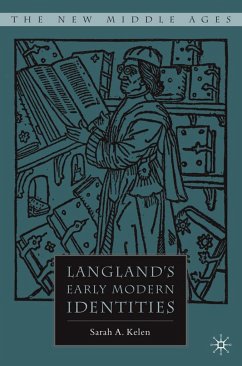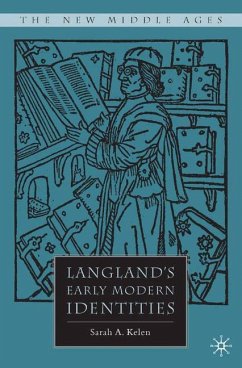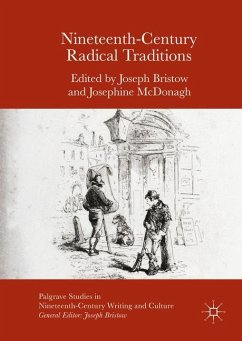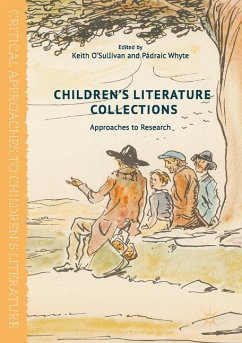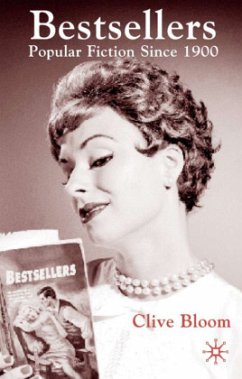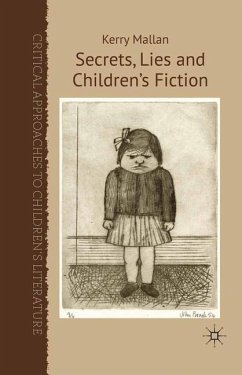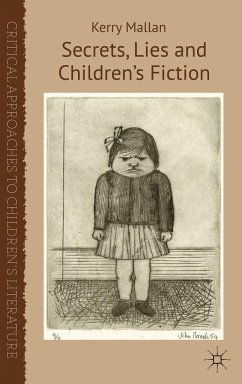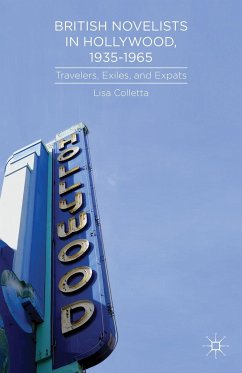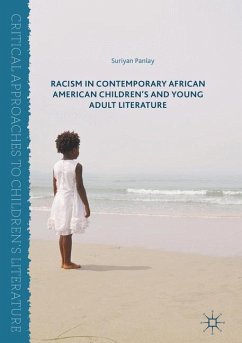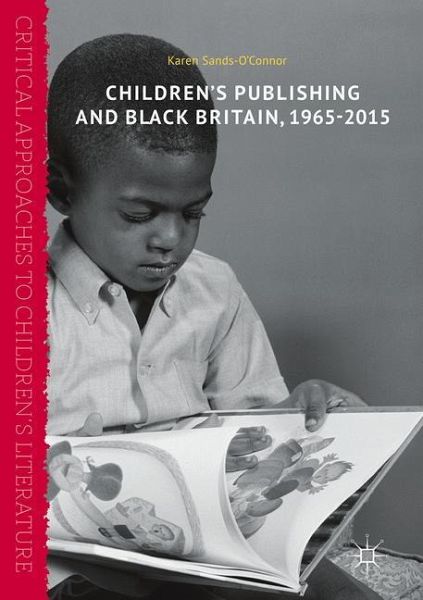
Children's Publishing and Black Britain, 1965-2015
Versandkostenfrei!
Versandfertig in 6-10 Tagen
68,99 €
inkl. MwSt.
Weitere Ausgaben:

PAYBACK Punkte
34 °P sammeln!
This book examines a critical period in British children's publishing, from the earliest days of dedicated publishing firms for Black British audiences to the beginnings of the Black Lives Matter movement in the UK. Taking a historical approach that includes education acts, Black protest, community publishing and children's literature prizes, the study investigates the motivation behind both independent and mainstream publishing firm decisions to produce books for a specifically Black British audience. Beginning with a consideration of early reading schemes that incorporated Black and Asian ch...
This book examines a critical period in British children's publishing, from the earliest days of dedicated publishing firms for Black British audiences to the beginnings of the Black Lives Matter movement in the UK. Taking a historical approach that includes education acts, Black protest, community publishing and children's literature prizes, the study investigates the motivation behind both independent and mainstream publishing firm decisions to produce books for a specifically Black British audience. Beginning with a consideration of early reading schemes that incorporated Black and Asian characters, the book continues with a history of one of the earliest presses to publish for children, Bogle L'Ouverture. Other chapters look at the influence of community-based and independent presses, the era of multiculturalism and anti-racism, the effect of racially-motivated violence on children's publishing, and the dubious benefit of awards for Black British publishing. The volume will appealto children's literature scholars, librarians, teachers, education-policy makers and Black British historians.



